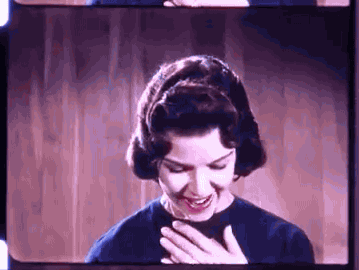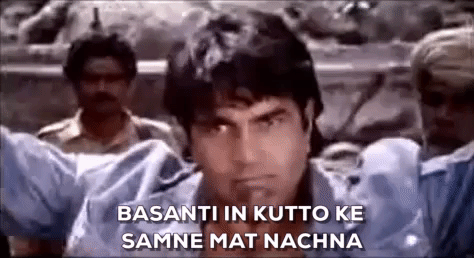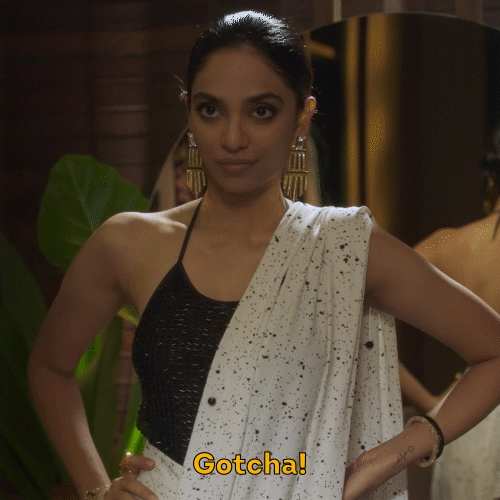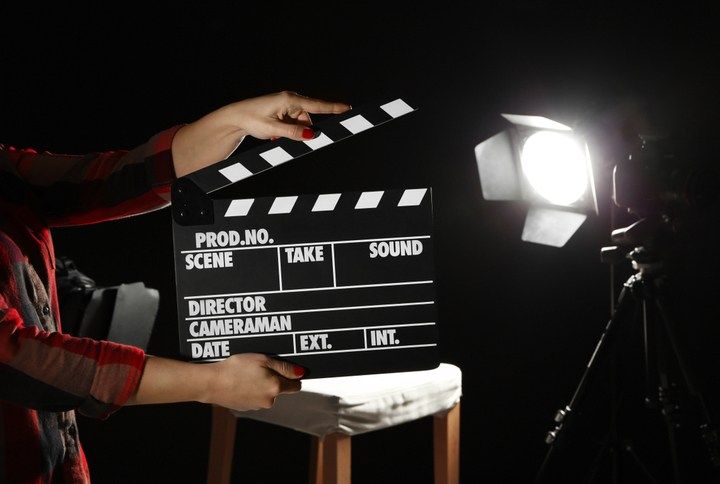Being a woman is hard, especially in the Indian film industry. Have you ever noticed how women age differently than men in our movies? How it has become normal for 50-year-old actors to romance 20-something actresses? While male actors continue to grow in popularity and clout as they age, women tend to do the opposite. They get less work, lesser screen time and “motherly” roles. To discuss the “shelf-life” of women in Bollywood and answer the burning question of why women age differently than men, we hosted a Real Talk webinar on Malini’s Girl Tribe.
The panel included Dia Mirza, renowned actress, producer and United Nations ambassador, filmmaker and writer Nitya Mehra who directed Baar Baar Dekho and Made In Heaven, and Alankrita Shrivastava, the director and screenwriter behind masterpieces like Lipstick Under My Burkha and Made In Heaven as well. They decoded the issue and delved deep into it, during which some eye-opening facts came to light.
Here Are 6 Things You Need To Know About Why Women In Bollywood Age Differently Than Men:
1. Advertising Played A Major Role
Mirza says,
The desire to cast younger women in lead roles became prevalent in the last 20-25 years. The advertising industry has propagated the association of youth with beauty. If women are young and attractive, they qualify as aspirational and appealing.
She further added how the concept of “freshness” works positively for young women, but negatively for older women. Freshness is linked to being new and young, and hence more desirable. Hence, male lead actors wanted to be paired with younger “fresher” women to increase their shelf life and make themselves look better.
Shrivastava also said,
Marketing and advertising have worked in a systematic way to tell us who is desirable, who is worth looking at and whose story is worth exploring. You don’t want to tell stories about women who have had children and remarried, but rather about young, frothy girls.

2. Men Were More Economically Viable Than Women
Shrivastava adds,
From the late ’70s itself, the role of the woman on screen became more reduced as films focused more on the man (like the angry young man narrative), the man’s story and the male protagonist in general. From the ’90s, when big corporates and funding came into play, the men were further put on a pedestal. The industry began revolving around the male hero, and the moment that happened, the females were automatically put at a disadvantage.
Movies with male heroes and strong masculine plotlines were able to sell more, get larger funding and distribution and were economically more viable. Shrivastava further added how there was so much investment in these male heroes and hence they had to be perpetuated to the audiences as well as the industry, which left little space for women and their stories. She also believed that this also shut down women who wanted to represent women in a much fuller way.

3. “Women Cannot Multitask” Is A Prevailing Notion
It is no secret that many actors and actresses venture into other verticals of filmmaking like production and direction. Mirza says,
When I started producing films, most of the people, including my friends assumed that I had given up acting, which was not true. No one ever makes this assumption when a male actor starts producing.
She further made her case by adding that women are excellent multitaskers, and making such assumptions isn’t correct.
4. OTT Content Is Changing The Game
There has never been a better time for you (women of all ages) to get work. The writing is not limited and is for everyone. It isn’t catering to a certain age or generation. Don’t lose hope, as long as you’re working on your craft, no one can deny you an opportunity.
says Mirza on how OTT content has changed the game completely. Both Mehra and Shrivastava agreed and cited the example of Shefali Shah and her incredible work as the lead in Dehli Crime, which has won an Emmy award! And it isn’t just acting, but also filmmaking that is changing on OTT platforms as more female directors and writers are getting the opportunity to get their work out.
5. Society As A Whole Has To Fight This
I blame the producers, actors and directors as much as I blame the audience. I also feel as an audience, I would encourage them to consume content that represents minorities and diversities. The minute we get viewership on that, more content like that will get the green light. We as a society have to fight ageism, not just the industry.
says Mehra, who strongly believes that this is a cause for all. She also added how female actors willingly conform to looking like a typical Indian heroine. They freak out if they have to cut their hair or change themselves that will stray away from the “accepted” look. Shrivastava further added
I’ve worked with casting directors who are fighting ageism and pushing filmmakers to cast women of all ages. Everyone has to take a step forward in an organic and natural way.
6. The Female Gaze Is Finally Entering The Film Industry
Shrivastava says,
There was no female representation behind the camera for Pink or Dangal. They had female protagonists and told a female story but through a male lens.
While these movies were feminist, successful and championed women, they were shown through a male perspective. Made In Heaven, for instance, had a predominantly female crew, and that made a huge difference. Mehra, who also worked on the show, adds,
It (Made In Heaven) is unabashedly shown through a female gaze, but at no point were we not real to our male characters
This female gaze is finally entering the industry, and it is a very positive step forward.

Women in Bollywood are finally coming into the spotlight in a real and relatable way. Mirza, Shrivastava and Mehra agreed that while there has been a change, it is not enough. Not even close. We have a long way to go, but at least we have started in the right direction.
To watch the entire webinar, click here.
What do you think about women ageing differently in our film industry as compared to men? Share it with us in the comments below.
Join Malini’s Girl Tribe on Facebook and Instagram to be a part of more fun conversations!

